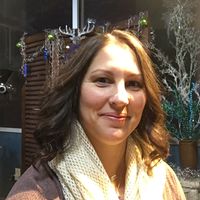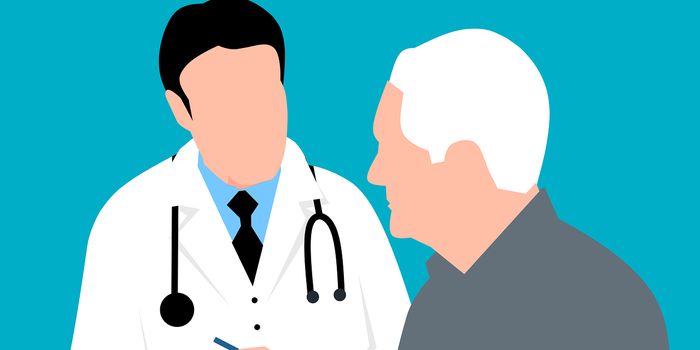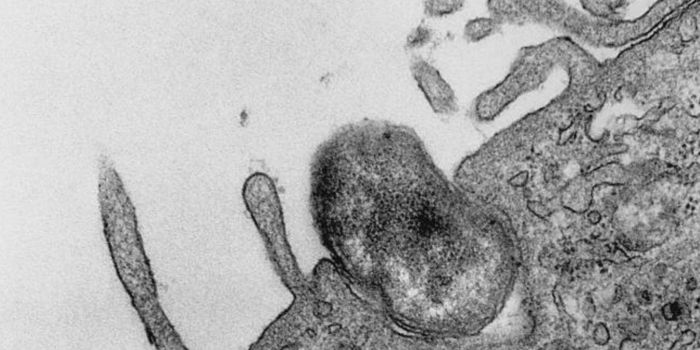Challenges Coming to a Cancer Diagnosis in the UK
England’s National Health Service (NHS) published their 2017 Cancer Patient Experience Survey earlier this year; many patients indicated being well served and felt positively about their experience but there were some areas of concern as well.
This Cancer Patient Experience survey has been conducted annually for the past 7 years, starting back in 2010. The goal was to monitor national progress on cancer care from the patient perspective. There were determined to be over 110,000 cancer patients available for the survey and over 69,000 responded (63% response rate).
After data was collected, it was compared and analyzed from multiple perspectives; it was in this comparison that one area has drawn some attention. One question, number 1 in fact, asked patients how often they saw their general practitioner about the health problem caused by cancer? The purpose of this question was to get at how long did it take for a patient’s complaint, which was ultimately tied to a cancer diagnosis, to be referred to a specialist or hospital? The root of this issue being the challenge that General Practitioners (GP) face in filtering a lot of information across the whole physiological spectrum of humans to pinpoint symptoms with a particular diagnosis. The data on this question was aligned by type of cancer category (there were 13 total categories based on the location of the primary tumor/cancer).
Turns out that of the 11,000 patients with a hematological cancer (cancer of the blood), nearly 11 percent had to see their family doctor 5 or more times before the symptoms matched up with the diagnosis. When those that had to see their family doctor 3 or 4 more times is combined with those that made more than 5 visits, the percentage of patients affected jumps to over 27%. That is more than a quarter of patients. This was much higher than for other categories of cancer. The next closest category of cancer to this percentage was bone and soft tissue sarcomas at 26%, and 23% for lung cancers. Overall, the total percentage for all cancer diagnoses that took 3 or more visits to a GP was 17%.
Healthcare advocates in the UK might consider further education or updates for GPs on symptoms of these particular cancers as an intervention aimed at bettering these numbers for the future; while definitely a good idea for any provider, hopefully those looking at this will also recognize the challenge that GPs face in making a diagnosis or referral for cancers like these. First, a GP is not a specialist by trade but has to be the “handyman” for healthcare. The GP knowledge base must be both broad AND detailed in all areas of the human body. It is only getting more challenging with healthcare advances and complex diseases. Second, the symptoms associated with hematological cancers and sarcomas are often very vague and indicative of many different diseases or conditions. If the cancer is not advanced enough to have caused severe symptoms, often it is a routine exam or random exam for an extensive time period of feeling tired, where hematological cancers are found. Symptoms are not necessarily acute in many patients; triage, ruling out of other conditions, and consideration of cost are all factored into rushing to high complexity (read high cost) testing and potentially unnecessary concern for a patient and their family. It is a balancing act that most providers face daily.
The data shows opportunities for improvement in GP’s diagnostic skill related to certain types of cancers as perceived by this patient experience survey and that is very important for those patients whose diagnosis took longer to get to.









